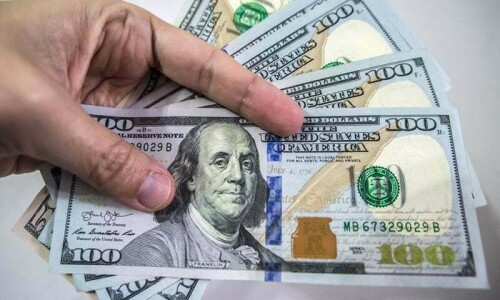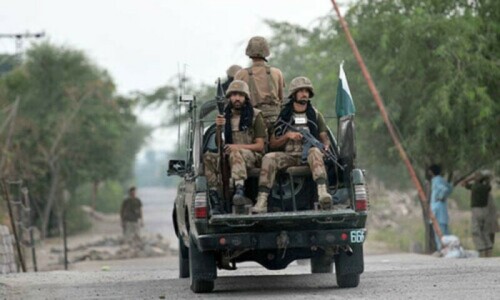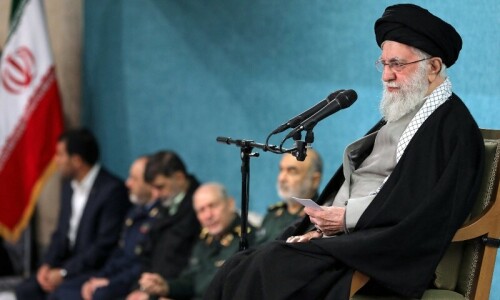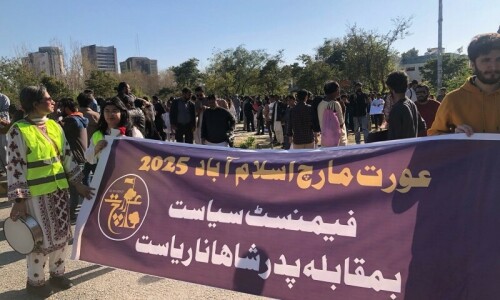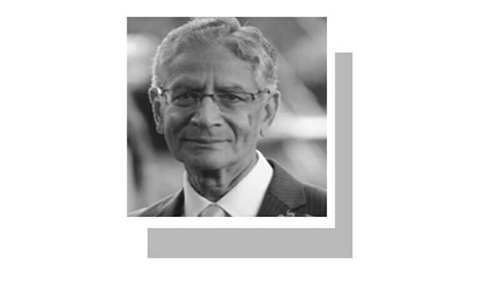SINCE Pakistan is now set to participate in the debt relief plan just approved by the G20 group in its meeting on Wednesday, it is reasonable to expect a significant amount of support for the external sector in the months ahead. This is undoubtedly good news for the country as the Covid-19 battle looks set to intensify. For now, all debt-service obligations that will be due between May 1 and Dec 1, 2020, are eligible for relief under the terms agreed to, but there are very good chances that this period will be extended to June 2021. The G20 have left the door wide open for precisely this extension by allowing for two reviews, one in July and another in November, during which the possibility of an extension can be considered. The IMF and the World Bank both played a key role in drafting the terms of the plan and championing it at the meeting, in consultation with a grouping of African countries that had raised a collective voice for this debt relief and advanced the diplomacy required to bring it to fruition. The G20 had a decision to make about which countries to include in the plan, and it had a choice between using the UN list of Least Developed Countries or the World Bank’s list of countries eligible to borrow under the International Development Authority. The G20 chose to run with the latter list, to Pakistan’s good fortune because the country does not feature on the UN list.
Good fortune has landed us on the eligibility list for this debt relief, but it would be a big mistake to leave it up to fortune to decide how the ensuing comfort on the external side will be used. To some extent, the State Bank has already used up some of the space opened up by slashing interest rates in a second emergency announcement on Thursday. This is a fair move because there are rapidly diminishing reasons for why interest rates should remain elevated. But going forward, whatever comfort opens up on the external sector will be eyed greedily by vested interests, and the temptation to manage the exchange rate will be large. Such temptations must be resisted. There is no telling how long the fight will be, how deep the recession will actually go, and how much longer the taps of external support will remain open. It would be better to use the savings to build reserves.
Published in Dawn, April 17th, 2020














